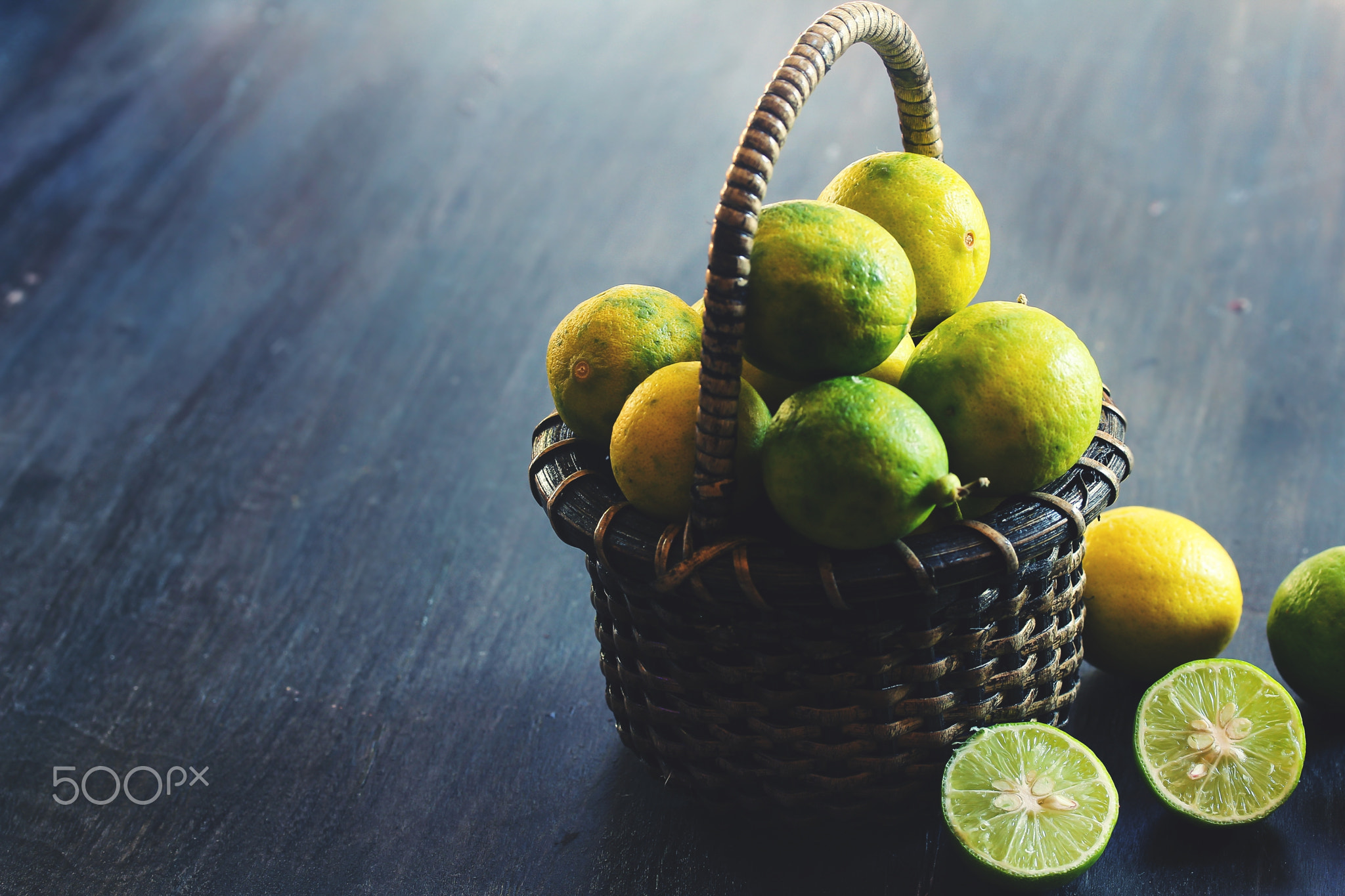“The Forgotten Art of Key Lime Pie Crust Weaving: Unraveling the Mystery of the Ancient Key West Piecemakers’ Guild”
Tucked away in the dusty archives of the Key West Historical Society lies a long-forgotten chapter in the storied history of Key Lime Pie. While the tart and tangy filling of this beloved dessert has been thoroughly documented, one crucial aspect of this classic treat has been overlooked by culinary historians: the ancient art of Key Lime Pie crust weaving.

At the heart of this secretive guild was the enigmatic figure of “Crusty” Clara, a reclusive piecemaker who reputedly possessed the most delicate and deft of hands. Clara’s creations were renowned for their mesmerizing patterns, which seemed to dance across the surface of the pie like a tropical breeze on a moonlit night.
So, what was the secret to Clara’s unparalleled crust-weaving prowess? According to oral tradition, it lay in her unique approach to dough manipulation. Unlike modern piecrust recipes, which emphasize the importance of cold butter and ice water, Key Lime Pie Clara’s method involved warming the butter to a precise temperature, then imbuing it with a subtle essence of citrus zest.
This innovation allowed Clara to coax the dough into a state of pliability, enabling her to craft lattice patterns of unparalleled complexity. Her signature design, the “Conch Coil,” featured intertwining waves of dough that seemed to shift and shimmer in the light, as if infused with the essence of the sea itself.
But Clara’s success was not without controversy. Rival piecemakers, jealous of her success, accused her of using “dark magic” to bend the dough to her will. The accusations led to a rift within the guild, with some members forming a breakaway faction, the “Key West Crust Covenant.”
Despite the turmoil, Clara’s legacy endured, influencing generations of Key West piecemakers. Her most famous apprentice, “Lattice” Larry, would go on to create the iconic “Sunset Strands” design, a staple of modern Key Lime Pie.
Today, as the art of crust weaving teeters on the brink of extinction, a new generation of piecemakers is rediscovering the secrets of Clara and her fellow guild members. In the backrooms of Key West bakeries, a quiet revival is underway, as artisans labor to perfect their craft and unravel the mysteries of the ancient piecemakers’ guild.
As we sit down to indulge in a slice of Key Lime Pie, let us not forget the unsung heroes of the crust-weaving tradition – the Clara’s and Larry’s who, with fingers deft and hands nimble, wove a little magic into every lattice-top masterpiece. For in the intricate patterns and swirling designs lies a tale of pride, passion, and the forgotten art of Key Lime Pie crust weaving.


